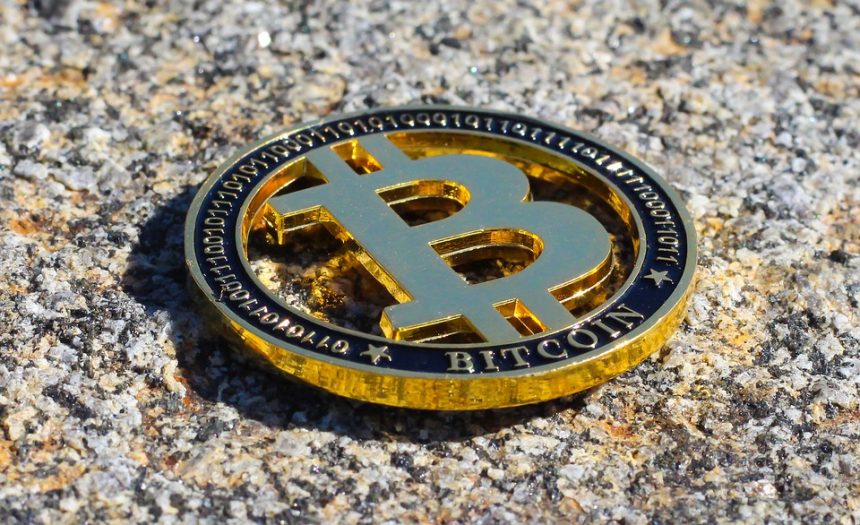The cryptocurrency market has exploded in popularity over the past decade, with Bitcoin leading the charge as the first and most well-known digital currency. However, as the market evolved, thousands of alternative cryptocurrencies, commonly referred to as "altcoins," emerged, each with unique features and potential. This comparative analysis delves into the strengths and weaknesses of Bitcoin and altcoins to determine which may represent a better investment opportunity.
Understanding Bitcoin
The Pioneer of Cryptocurrency
Bitcoin, introduced in 2009 by an anonymous entity known as Satoshi Nakamoto, remains the flagship cryptocurrency with a current market dominance that often hovers around 40% to 50%. Its unique value proposition lies in its limited supply—capped at 21 million coins—which creates scarcity and potentially drives long-term value. Bitcoin’s peer-to-peer network, decentralized nature, and security provided by blockchain technology have solidified its status as "digital gold," a store of value in turbulent economic times.
Advantages of Bitcoin
-
Market Maturity: As the first cryptocurrency, Bitcoin has established a robust infrastructure and adoption, making it relatively stable compared to newer, less-tested altcoins.
-
Liquidity: Bitcoin is the most widely traded digital asset, allowing investors easy access to buying and selling.
-
Institutional Interest: Increasing investments in Bitcoin from institutional players have bolstered its credibility, often leading to higher prices and greater adoption.
- Security and Stability: Bitcoin’s network benefits from a large number of miners and nodes, providing resilience against attacks and contributing to its stability.
Introducing Altcoins
The World Beyond Bitcoin
Altcoins encompass all cryptocurrencies other than Bitcoin, including Ethereum, Ripple, Litecoin, and thousands of others. Each altcoin is often designed to address specific use cases, such as smart contracts, faster transactions, decentralized finance (DeFi), and privacy enhancements. This diversification invites investors looking for opportunities beyond Bitcoin’s relatively predictable performance.
Advantages of Altcoins
-
Potential for High Returns: Many altcoins are in early development stages and possess significant upside potential. Early investors can see dramatic price increases, sometimes outperforming Bitcoin by significant margins.
-
Innovative Technology: Many altcoins offer advanced features, such as scalability solutions, speed, and unique transaction capabilities, appealing to tech-savvy investors.
-
Diverse Opportunities: With thousands of altcoins available, investors can tailor their portfolios to match their risk tolerance, investment horizon, and specific interest in emerging technologies.
- Layered Ecosystem: The rise of decentralized applications and platforms has created a layered ecosystem where altcoins can thrive, leading to the development of new financial services and products.
The Risks Involved
Bitcoin Risks
-
Volatility: Despite being more stable than many altcoins, Bitcoin experiences high volatility, which can lead to significant swings in value.
-
Regulatory Pressure: Governments around the world are continuously assessing how to regulate cryptocurrencies, which could impact Bitcoin’s market position.
- Competitive Threats: As the market matures, innovative altcoins could potentially outpace Bitcoin in terms of functionality, usage, or market perception.
Altcoin Risks
-
High Volatility and Speculation: Many altcoins experience extreme price volatility and are often influenced by speculative trading rather than fundamentals.
-
Lack of Fundamental Support: While some altcoins are backed by tangible technology, many lack real-world applications, making them susceptible to catastrophic failings.
- Scams and Rug Pulls: The relatively unregulated environment for altcoins might expose investors to fraud, scams, and simplistic projects with no lasting foundation.
Investment Strategy: Bitcoin vs. Altcoins
-
Risk Tolerance: Investors with a conservative approach may prefer Bitcoin as a more stable investment, while those who are willing to take significant risks for potentially higher returns might delve into altcoins.
-
Diversification: A balanced approach could involve a mix of both Bitcoin and a select group of altcoins, allowing the investor to leverage Bitcoin’s stability while still participating in the growth potential of the broader market.
- Research and Analysis: When investing in altcoins, thorough research is crucial to understand the technology, market potential, and the development team behind each project.
Conclusion
Determining whether Bitcoin or altcoins represent the better investment largely hinges on individual risk tolerance, investment goals, and market outlook. While Bitcoin stands strong as a reliable store of value with a proven track record, altcoins offer exciting opportunities for those venturing beyond traditional investments. As the cryptocurrency landscape continues to develop, investors must stay informed and strategic to make the best choices for their portfolios. Whether opting for the familiarity of Bitcoin or the innovation of altcoins, informed investment will always be the key to navigating the complexities of the digital asset sphere.





